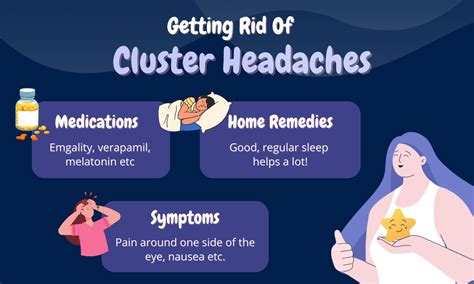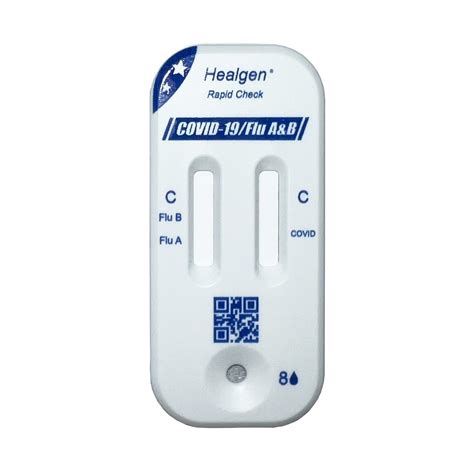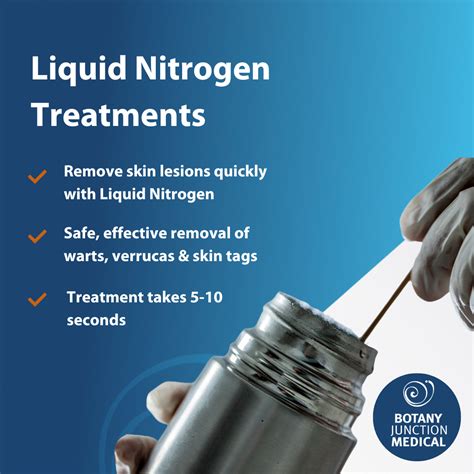Colonoscopy Guide: Prepare In 24 Hours

Preparing for a colonoscopy can seem daunting, but with a clear understanding of the process, you can ensure a smooth and successful procedure. This comprehensive guide will walk you through the essential steps to prepare for a colonoscopy in just 24 hours, helping you feel more informed and confident.
Understanding the Importance of Preparation
The success of a colonoscopy largely depends on how well you prepare. The goal is to cleanse your bowel of any fecal matter, allowing your doctor to get a clear view of your colon’s interior. This is crucial for detecting polyps, cancer, and other abnormalities. Preparation is key to avoiding complications and ensuring the procedure’s accuracy.
Step 1: Dietary Changes (24 hours before)
Begin by making significant adjustments to your diet 24 hours before your scheduled colonoscopy. Stick to a clear liquid diet, which includes:
- Clear broths (chicken or beef)
- Clear soups (avoid creamy soups)
- Electrolyte-rich beverages like sports drinks
- Clear juices (apple, grape, or cranberry)
- Plain gelatin
- Clear tea or coffee without cream
Avoid solid foods, red liquids, and any food that could leave residue in your bowel, such as seeds, nuts, or popcorn.
Step 2: Bowel Preparation (18-24 hours before)
Your healthcare provider will prescribe a bowel prep solution. There are several types, including polyethylene glycol (PEG) and sodium picosulfate. The instructions for taking these preparations can vary, but generally, you will start drinking the solution in the late morning or early afternoon the day before your procedure.
Polyethylene Glycol (PEG): Typically, you will drink 1 gallon of this solution over 2-4 hours. It works by filling your bowel with water, softening the stool, and helping your body pass the stool.
Sodium Picosulfate: This may come in tablet or powder form that you mix with water. The dose and frequency can vary, but it’s often taken in split doses, 6 hours apart. It stimulates bowel movements.
Step 3: Last-Minute Preparations (Morning of the procedure)
- Final Liquid Intake: Continue with clear liquids until 2 hours before your procedure time if your doctor advises this.
- Medications: Discuss your medications with your healthcare provider, especially if you’re on blood thinners or diabetes medications. You may need to stop or adjust these medications the day before the procedure.
- Arrival Time: Plan to arrive at least an hour before your scheduled colonoscopy. This allows time for checking in, changing into a hospital gown, and any last-minute preparations.
What to Expect During the Procedure
- Sedation: You’ll receive sedation to help you relax and reduce any discomfort. The sedation level can vary, but you’ll likely be awake enough to respond to questions.
- The Procedure: The colonoscopy itself usually takes about 30-60 minutes. You’ll lie on your side, and the doctor will insert a flexible tube with a camera and light on the end into your rectum. Air will be pumped into your colon to inflate it for better viewing.
- Polyp Removal: If polyps are found, they can be removed during the procedure.
Recovery
- Waiting Area: After the procedure, you’ll be taken to a recovery area where you’ll be monitored for about an hour. You might feel a bit groggy from the sedation.
- Driving: You won’t be able to drive for the rest of the day due to the sedation effects. Arrange for someone to drive you home.
- Resume Normal Activities: Generally, you can resume normal activities the next day. However, your doctor may provide specific advice based on your condition and the findings from the procedure.
Frequently Asked Questions
Can I eat before a colonoscopy?
+No, you should not eat solid foods the day before your colonoscopy. Stick to a clear liquid diet as advised by your healthcare provider to ensure your bowel is empty and clean for the procedure.
How long does it take to recover from a colonoscopy?
+Recovery from a colonoscopy is relatively quick. You might feel a bit uncomfortable or bloated immediately after due to the air pumped into your colon, but this should resolve within a day. You can usually resume normal activities the day after the procedure.
Is a colonoscopy painful?
+Colonoscopy procedures are generally not painful due to the sedation used. Some people might experience mild discomfort or cramping during or after the procedure, but this is usually temporary and minimal.
By following these steps and understanding the process, you can ensure a successful colonoscopy. Remember, preparation is key, and while the process might seem challenging, it’s a crucial step in maintaining your health and preventing colon-related diseases. Stay informed, follow the guidelines provided by your healthcare team, and take the first step towards a healthier you.



